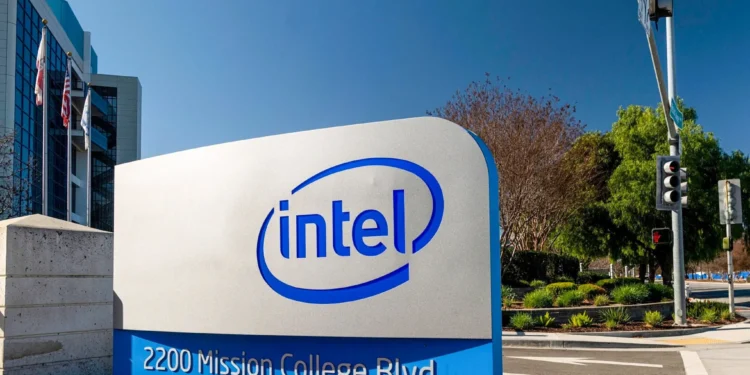Intel’s announcement on Thursday that it will cut approximately 25,000 jobs by the end of the year has raised concerns among its workforce in Washington State. The layoffs, confirmed alongside the company’s second-quarter earnings, represent around 15 percent of Intel’s global headcount.
The job reductions come as new CEO Lip-Bu Tan takes aggressive steps to restructure the company, reduce spending, and enforce a return-to-office policy beginning this September.
Washington’s Intel Workforce on Alert
Intel employs an estimated 1,000 people in Washington, primarily at its DuPont Development Center and a product development office in Bellevue. While no site-specific layoffs have been announced, employees in the region say they are watching the situation closely.
“There’s definitely some unease,” said one DuPont-based engineer who requested anonymity. “When you’re not part of the core manufacturing or high-profile divisions, you wonder how safe your role is.”
Intel’s largest U.S. workforce is located in Hillsboro, Oregon, where roughly 20,000 employees work across multiple campuses. Washington’s presence is smaller but specialized, focused on engineering, software, and platform innovation.
A Shift in Strategy
Tan, who became CEO in March, outlined his vision for a leaner, more focused company. In a companywide letter, he said the layoffs are part of a broader plan to increase operational efficiency and shift Intel’s culture.
“We are making hard but necessary decisions to streamline the organization, drive greater efficiency and increase accountability at every level,” Tan wrote.
In addition to job cuts, Intel will reduce major international factory investments and require employees to return to the office full time beginning in September.
“I do not subscribe to the belief that if you build it, they will come,” Tan told analysts. “We will build what customers need, when they need it, and earn their trust.”
Local Implications
Though Intel has not specified how many jobs in Washington will be affected, the broader announcement reflects a continued tightening across the tech sector. In recent months, companies like Amazon, Google, and Microsoft have also announced layoffs and rollbacks of remote work policies.
For the Pacific Northwest’s tech workforce, Intel’s announcement is yet another signal that companies are recalibrating post-pandemic priorities.
Intel’s global headcount is expected to fall to 75,000 by the end of 2025 through a combination of layoffs and attrition.







